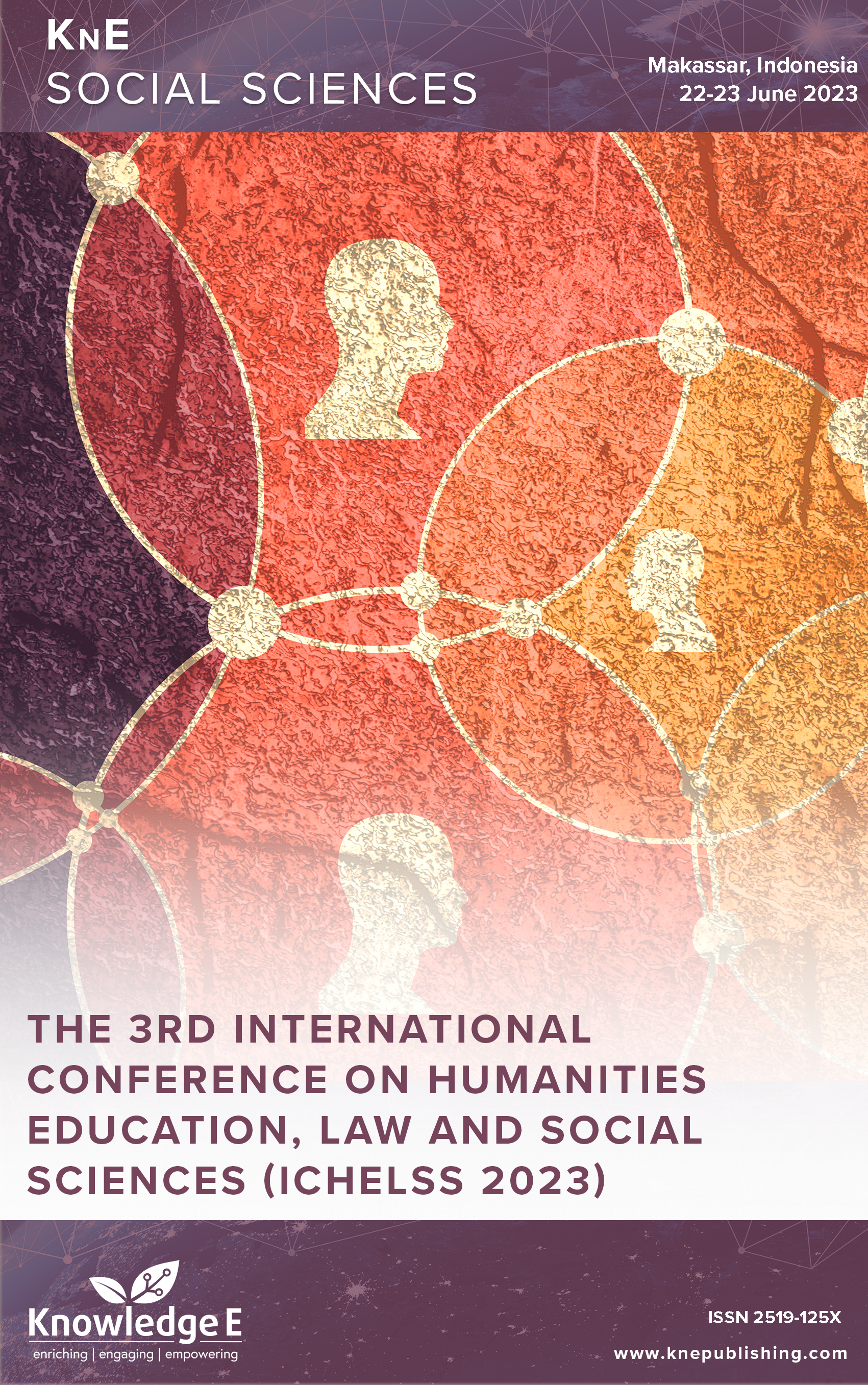Political Behavior of Beginner Voters in the 2020 Gowa District Regional Election in Paccinongang Village, Somba Opu District
DOI:
https://doi.org/10.18502/kss.v9i2.14920Abstract
This study aims to determine the political behavior of beginner voters in the 2020 Gowa Regency regional election in Kel. Paccinongang Kec. Somba Opu. The subjects in this study were beginner voters including: (1) novice voters, namely adolescents aged 18 years and participating in the 2020 regional elections for the beginner, (2) reports of agencies related to this study. This study selects informants purposively. By using descriptive qualitative analysis. The results showed that: 1. the behavior of beginner voters is very dominant using sociological approaches in making their choices. Beginner voters choose candidates for the regional head, namely the regent and deputy regent of Gowa Regency by emphasizing demographic and socioeconomic backgrounds. The psychological approach is very minimal because this approach depends on the performance of political parties, and how to attract beginner voters. In addition to these two approaches, the rational choice approach places beginner voters making their choices with the tendency to choose candidates for Regent and Vice Regent by looking at their personal needs, namely the needs of their own families, it can be seen that they choose because they are based on the vision and mission of the candidate to help their lives. 2. Supporting factors are encouragement from parents, certain figures, and peers. In addition, the vision and mission of the candidates can encourage the interest of beginner voters. Inhibiting factors: it is the number of hoax news such as defamation and pitting both parties that makes beginner voters end to be very difficult to make their choice.
Keywords: political behavior, beginner voters
References
B. I. Mean, Indonesian Political System, Jakarta : PT. Raja Grafindo Persada, 2012.
L. N. 3. c. R. Administration., “https://www.ilo.org/dyn/natlex/natlex4.detail?p_isn= 77116,” Indonesia, 15 10 2004. [Online]. Available: https://www.ilo.org/dyn/natlex/ natlex4.detail?p_isn=77116&p_lang=en. [Diakses 29 12 2022].
Gowa K. “https://kab-gowa.kpu.go.id/,” Kabupaten Gowa. [Online]. [Diakses 12 12 2022].
Mulkan AM. Moral Politik Santri : Agama dan Pembelaan Kaum Tertindas. Jakarta: Erlangga; 2003.
Gaffar A. Javanese voters : A Case Study Of Election Under A Hegemonic Party System. Yogyakarta: Gadjah Mada University Press; 1992.
S. Ramlan, Memahami Ilmu Politik, Jakarta: PT. Gramedia Widiasarana Indonesia, 2010.
DPR. “https://www.dpr.go.id/dokjdih/document/uu/UU_2008_42.pdf,” 14 11 2008. [Online]. [Diakses 15 12 2022].
Sugiono A. Faktor yang Mempengaruhi Pemilih dalam Pemilihan Kepala Daerah Langsung: Perspektif Political Marketing. Manajemen Usahawan Indonesia; 2005. pp. 3–8.
R. O. Jack C. Plano. The International Relations Dictionary. New York: Western Michigan University; 1979.
Zuriah N. Metodologi Penelitian Sosial dan Pendidikan. Teori - Aplikasi ( Jakarta): Bumu Aksara; 2006.
Moleong LJ. Qualitative Research Methodology, Revised Edition, Bandung: PT. Youth Rosdakarya, 2010.
M. B. H. A. M. MIles. Qualitative data analysis : an expanded sourcebook. California: Sage Publication; 1994.
Creswell JW. Qualitative Inquiry And Research Design : Choosing Among Five Traditions. London: Sage Publication; 1998.
Kavanagh D. Political Science And Political Behaviour. London: George Allen and Unwin; 1983.

